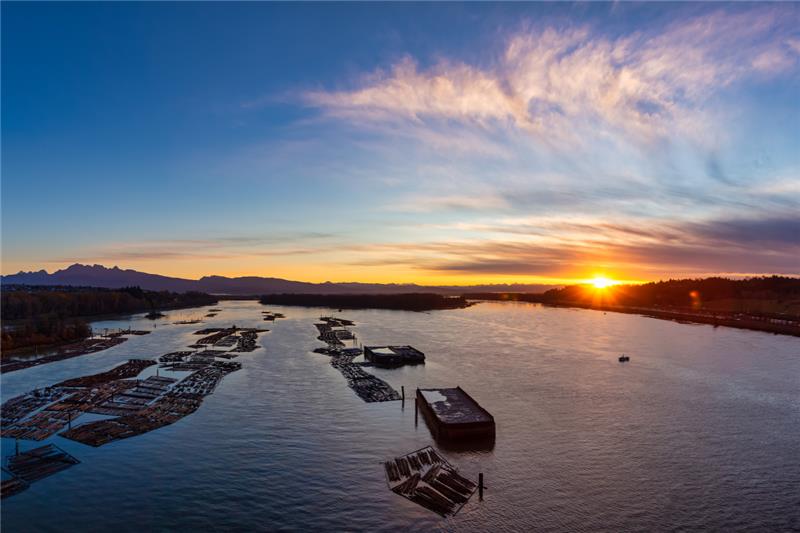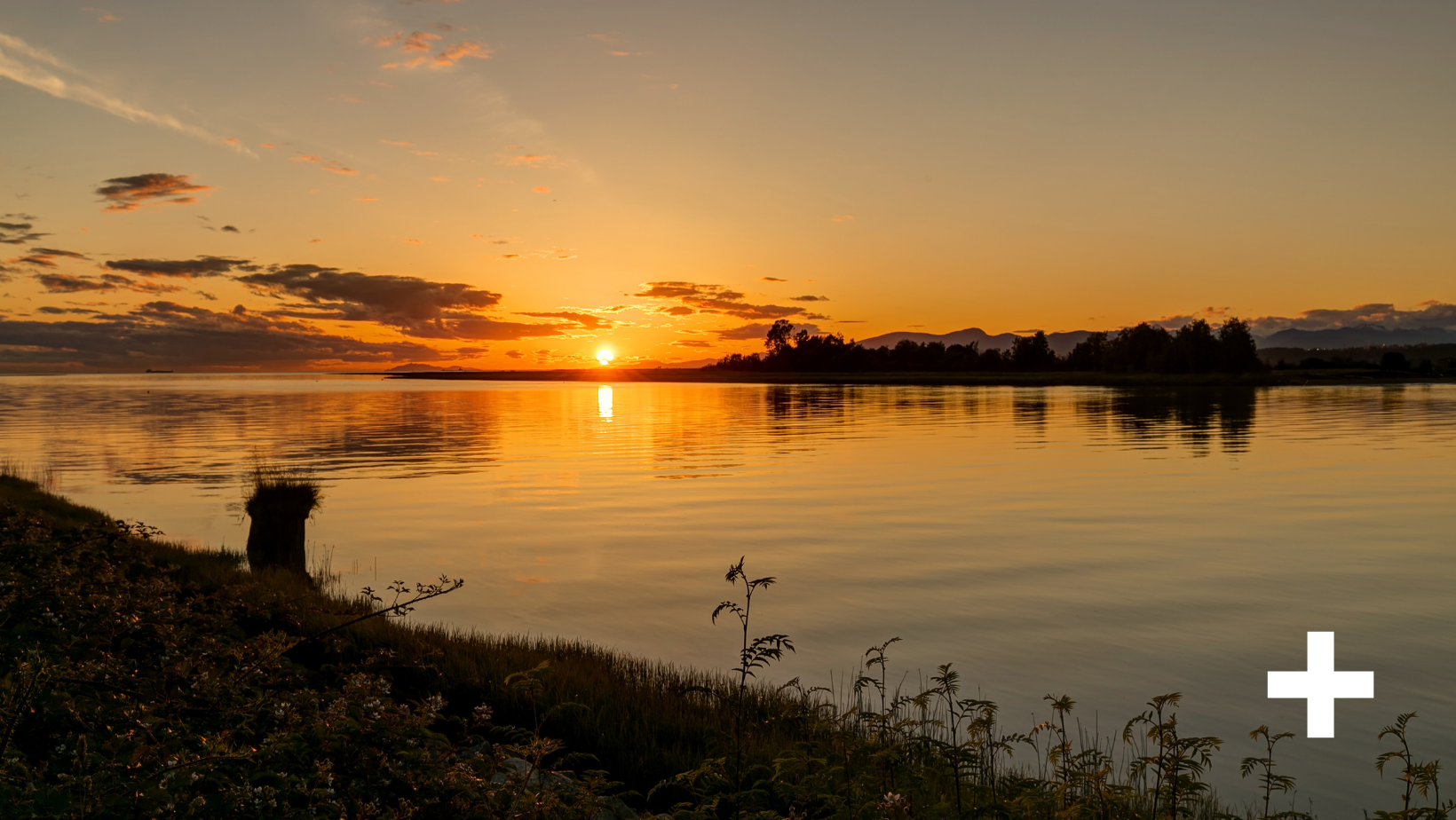- Reaction score
- 824
- Points
- 910
Oh I'm fully aware of the size of the 6 Nations vs. many bands out west. I often deal with bands of 2-300 people which create major challenge due to size of community and support needed as any community that size struggles unless they are part of something bigger. And decades of fighting for positions within local associations/groupings have in some cases made it tough. Heck many smaller hamlets and towns are devolving back to municipalities around me due to lack of tax base to support the infrastructure costs/debt...it's not just a First Nation challenge for small places.Good stuff - thx for sharing that. Have to remember, though, that Six Nations is the “Toronto of reserves,” so to speak, when it comes to administrative capability. Smaller bands with smaller populations away from the mainstream’ll always be the head-scratching cases to consider for solutions. In my limited experience, I found The Ottawa Borg to be a better cookie-cutter machine, overall, than special situations for special cases.
I see the FN can loan $ based on a CP and/or lease, but I wonder if that’s enough for an off-reserve bank to issue a mortgage? Band can lend & still hang in to land if buddy defaults, but an outside bank still wouldn’t be able to foreclose on reserve land.
From what I remember from the radio show banks can issue a mortgage as it's a legal lease. Many were unwilling but that doesn't mean it can't be done and again as I recall it was less of a mortgage but a line of credit. Part of the collateral used was the 6 Nation reserve providing a guarantee in the form of what housing allowance they would have had to pay out on behalf the member so the financial institution wasn't left without something. But success caused success and momentum was important from the interviews I recall.
There are some out west here have entered into multiple private/reserve partnerships for businesses and I believe a similar form of lease is used...long term commitment to the company to build but also title remains with First Nation.
Will have to dig into how the National Parks handle Jasper and Banff houses as they are also lease lands from the Federal Gov't but can get mortgages.






















